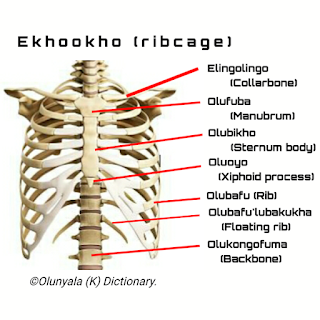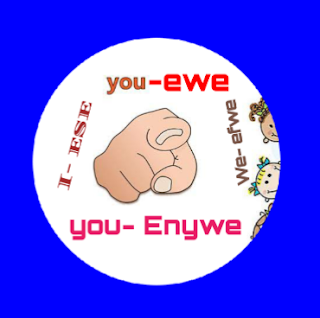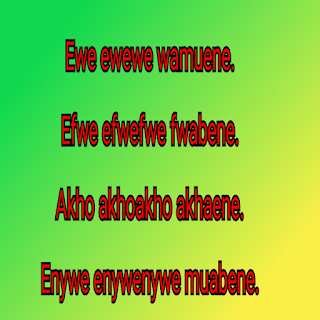ABANYALA BA KAKAMEGA: Parts of a chicken and Other poultry.

By Balovera Edwin Ongacho Main parts of a chicken Chicken and other poultry have body parts that have names in Olunyala (K). The followong are the key parts. Eliani (Esihango)- a name used for slaughtered chicken. The word engokho is reserved for a live chicken Ekosi- neck Emondo - gizzard. Emondo Enjulunjumbu - drumstick and thigh together. Enjumbu - drumstick Esundi - pope's nose. Etuchu - shoulder and breast with clavicle bone. Okhulenge - shank; leg of chicked from knee to toes. Omuchwe - head Olubaha - drummette, wingette and flipper. Olupapaliro - wingette and flipper. Omuchwe - the head. Omukongo - back Other parts of the body of poultry and birds. Amala - interstines Amalalasi Ebikaanakana - spikes on the cockscomb Ekhambalia - scales on kegs of birds Elioya - feather Elioya efumbo - body feathers Elioya liesisule - feathers protruding behind the head. Elioya liekutusi - feathers on head Elioya liolulefu - beard feath...




